Overview
We’ve all experienced muscle discomfort and pain at some point, whether it was from overdoing it at the gym, pushing ourselves a bit too much on that trek, or sleeping in an uncomfortable posture. Everyday tasks like climbing stairs or reaching into high cupboards might seem like enormous undertakings when your muscles hurt.
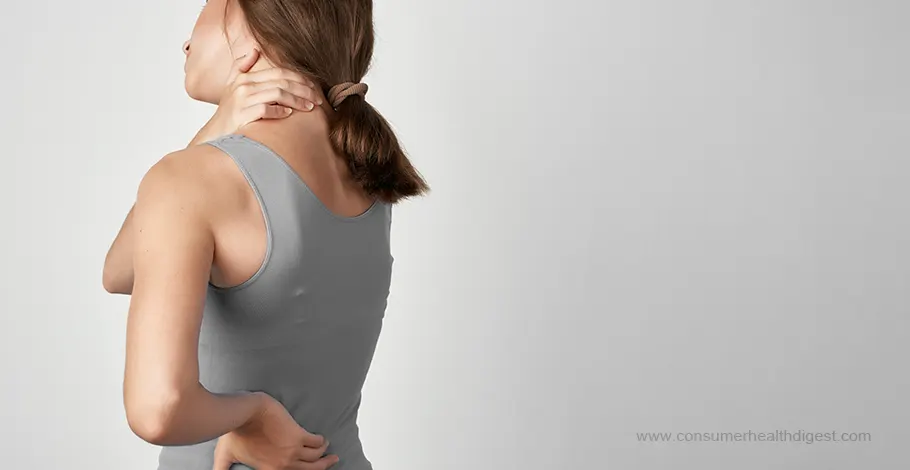
The good news is that there are a few simple natural home treatments you can try to assist ease your muscular pain and discomfort. While there are benefits to using over-the-counter pain medicines, many people would prefer not to use drugs due to potential side effects, such as upset stomach. Using home remedies for reducing inflammation and relieving muscle aches and pains is a great alternative to medical therapies.
Symptoms of Muscle Pain
- Muscle soreness or aches can feel like your muscles are constantly strained or stretched, often a reminder of new or intense physical activity your body isn’t used to. It’s like your muscles are telling you they’ve worked hard and need some time to recover.
- Muscle cramping or spasms are sudden, involuntary contractions that can catch you off guard, feeling as though your muscle has taken on a life of its own. It’s an intense sensation, akin to a strong, unexpected tug on your muscle fibers.
- Joint pain, when coupled with muscle pain, can make even simple movements feel like monumental tasks. It’s as if the hinges and connectors in your body are rusty and creaking, asking for lubrication and gentle movement.
- Overall body aches and pains are akin to the feeling of being enveloped in a dull, persistent discomfort. It’s as if your body is draped in a heavy cloak of fatigue, making every move and effort more taxing.
Causes of Muscle Pain:
- 1. Exercise or overdoing it: Starting a new workout routine or pushing yourself too hard can lead to delayed-onset muscle soreness (DOMS) a day or two later.
- 2. Infections: Viral infections like the flu or bacterial infections can cause body aches and muscle pains, along with other symptoms like fever and fatigue.
- 3. Injuries: Strains, sprains, or other muscle injuries from accidents or overuse can result in muscle pain and soreness.
- 4. Autoimmune Diseases: Conditions like lupus, multiple sclerosis, and certain muscle diseases can cause chronic muscle pain and weakness.
- 5. Medications: Some medications, like cholesterol-lowering drugs (statins) or blood pressure medications, can have muscle pain as a side effect.
- 6. Other Conditions: Fibromyalgia, chronic fatigue syndrome, and even stress and tension can contribute to muscle aches and pains.
Top 5 Home Remedies
Here are the top 5 home remedies to try the next time your muscles are screaming for relief:
1. Heat and Cold Therapy
Applying heat or cold to sore muscles is one of the most well-known and effective home remedies for muscle pain [1]. Heat helps relax and soothe tight muscles by increasing blood flow to the area. You can use a hot water bottle, or heating pad, or take a warm bath to utilize heat therapy [2].
Cold therapy is better for reducing inflammation from acute injuries or intense pain. Applying an ice pack can help constrict blood vessels and numb deep pain. Alternate between heat and cold in 20-minute intervals for maximum relief.
2. Massage
Massages are quite popular after intense activity for a good reason! Massage therapy improves blood flow and relaxes tense muscle knots. You can use massage balls or a foam roller at home, or you can have a professional massage, for similar relief from painful muscles. [3]
Use medium pressure to deeply massage areas of muscular adhesion and tension. Massage promotes blood flow, which helps to flush out lactic acid buildup brought on by hard exercise-induced soreness.
3. Epsom Salt Baths
Another well-liked home cure for painful muscles is Epsom salt, and for good reason. During a warm bath, magnesium, which is a component of Epsom salt, is easily absorbed via the skin. Magnesium helps to relax muscles and reduce inflammation.
Soak for twenty to thirty minutes in a warm bath filled with one or two cups of Epsom salts. Warm water infused with magnesium helps improve circulation and reduce stress, which can help ease stiff, aching muscles. [4]
4. Ginger
Ginger has been used for a very long time because its main component, gingerol, has anti-inflammatory qualities. Enhancing blood circulation and reducing inflammation could potentially alleviate muscle soreness.
All you need to do to make ginger tea is boil the fresh ginger root in water or mix the ginger powder into hot water. Instead, incorporate grated ginger’s analgesic effects into meals and smoothies. Another way is to soak a cloth in ginger tea and then apply a compress to the affected areas.
5. Cherry Juice
Tart cherry juice is packed with antioxidants that can help fight muscle inflammation and pain. Multiple studies have found that drinking tart cherry juice can provide relief comparable to over-the-counter NSAIDs for arthritis and exercise-induced muscle soreness. [5]
Look for unsweetened tart cherry juice and drink 8-12 ounces per day, especially after an intense workout, to speed up muscle recovery. The sooner you can start drinking cherry juice after the activity that caused muscle pain, the more effective it will be.
When to See a Doctor
While the above home remedies are generally safe, see your doctor if you experience severe, unbearable muscle pain that does not improve within a few days. Intense muscle pain unrelated to a known cause like exercise may signal an underlying condition that requires medical treatment.
Final Words
Any pain accompanied by redness, swelling, numbness, or weakness should also be evaluated by a medical professional right away. In some cases, muscle pain can indicate a more serious issue like a muscle strain or pinched nerve.
In most cases, however, typical muscle soreness and aches will resolve within a few days by using one or a combination of these natural, at-home treatments. To ensure that muscles heal properly, make sure you drink plenty of water, get enough sleep, and think about resting on the affected area. The correct at-home remedies combined with a little perseverance will quickly put an end to your muscle aches.
5 Sources
We review published medical research in respected scientific journals to arrive at our conclusions about a product or health topic. This ensures the highest standard of scientific accuracy.
[1] French SD, Cameron M, Walker BF, Reggars JW, Esterman AJ. Superficial heat or cold for low back pain. Cochrane Database Syst Rev. 2006 Jan 25;2006(1):CD004750. doi: 10.1002/14651858.CD004750.pub2. PMID: 16437495; PMCID: PMC8846312.[2] Jo J, Lee SH. Heat therapy for primary dysmenorrhea: A systematic review and meta-analysis of its effects on pain relief and quality of life. Sci Rep. 2018 Nov 2;8(1):16252. doi: 10.1038/s41598-018-34303-z. PMID: 30389956; PMCID: PMC6214933.
[3] Miake-Lye IM, Mak S, Lee J, Luger T, Taylor SL, Shanman R, Beroes-Severin JM, Shekelle PG. Massage for Pain: An Evidence Map. J Altern Complement Med. 2019 May;25(5):475-502. doi: 10.1089/acm.2018.0282. Epub 2019 Mar 20. PMID: 30892910; PMCID: PMC6533778.
[4] Rudolf RD. The use of Epsom salts, historically considered. Can Med Assoc J. 1917 Dec;7(12):1069-71. PMID: 20311026; PMCID: PMC1584988.
[5] Kuehl, Kerry S., et al. "Efficacy of Tart Cherry Juice to Reduce Inflammation Biomarkers among Women with Inflammatory Osteoarthritis (OA)." Journal of Food Studies, vol. 1, no. 1, 25 July 2012, pp. 14-25, doi:10.5296/jfs.v1i1.1927. [3]



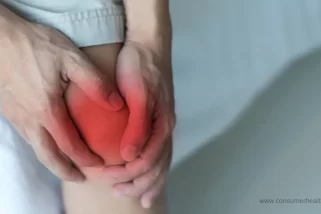
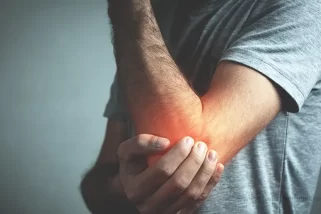
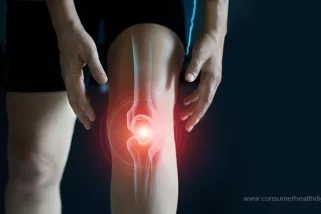
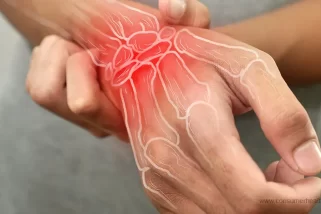

 This article changed my life!
This article changed my life! This article was informative.
This article was informative. I have a medical question.
I have a medical question.
 This article contains incorrect information.
This article contains incorrect information. This article doesn’t have the information I’m looking for.
This article doesn’t have the information I’m looking for.